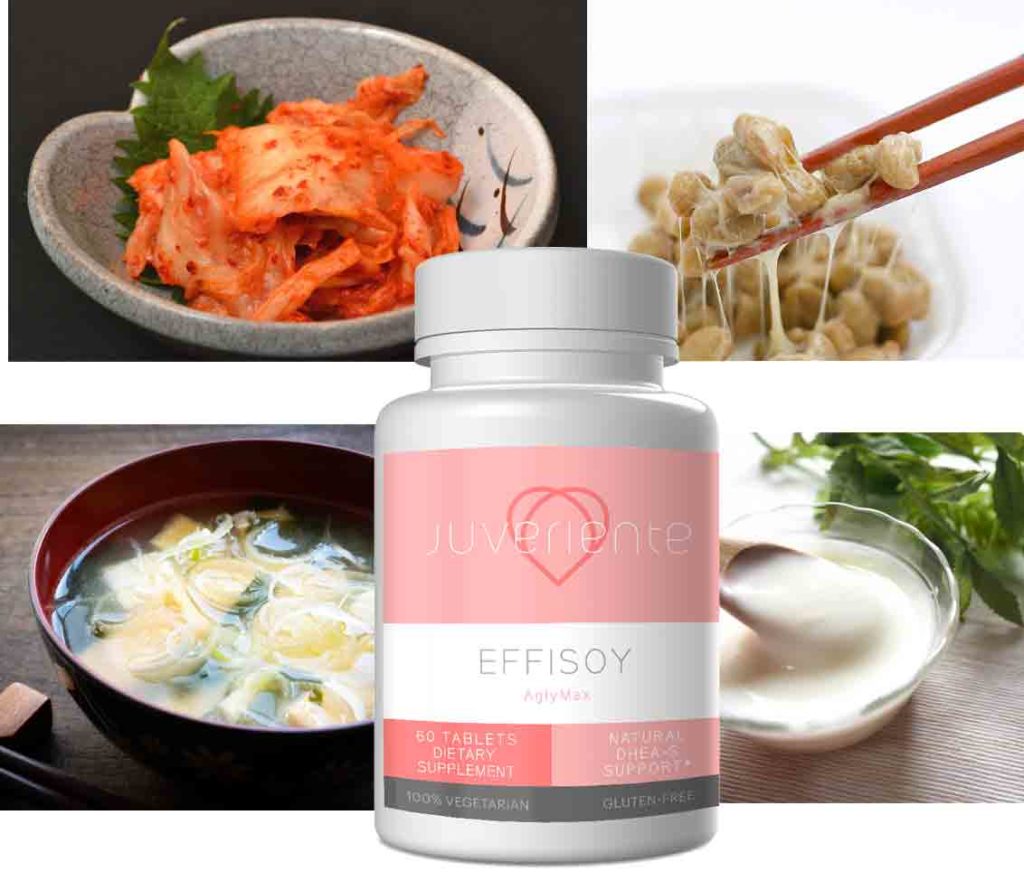Have you been tired of your venture in pursuit of real menopause relief and osteoporosis relief in vain?

By the way, there is one area you might not have reached yet. Traditional Japanese diets, which make Japanese women healthy as natural menopause relief and osteoporosis relief.
Fantastic Japanese Women’s Health
Do you know that Japanese women are known for their;
(1) far lower onset ratio of breast cancer. (A research is here.)
(2) far easier menopause experiences. (An article is here.)
(3) life expectancy, one of the longest in the world. (An article is here)

By the way, what makes them so healthy?
A complex of various elements will be backing their such good health known in the world. Among them, their traditional dietary habit will be one of the essential elements. Clinical reports show how fermented soy, usually taken as Miso soup, mitigates menopause symptoms. Satsuma mandarin orange, “Mikan” in Japanese, one of the most popular fruits in Japan, is reported to help bone health, restrain fat cell, or thin face stains.
“How can I take the benefits of a healthy Japanese diet?”
We, Juveriente®, never pitch any alternative medicines, whereas physicians place importance on your eating habits as well as medical treatments. Our brand’s concept is “to bring you Japanese dietary therapies packed in tablets and capsules.”
Through Juveriente’s supplements, which are packages of dietary therapies based on Japanese women’s healthy habits, you can take the same health benefits that they have been enjoying for many years.
You’ve never heard of such supplements?
There are already extracts of fermented soybean germ and Satsuma mandarin orange. In spite of their high potent as your bone health relief, they have existed only in Japan. They are extracted from first-class manufacturers respectively. Supplements of them are already in their market with excellent reputations.
They are helping many Japanese women, but supplement brands in Western countries, like the USA, UK, and Australia have never introduced them to their customers. In fact, they are something “unknown” in their markets.
Finally, we decided to launch JUVERIENTE®, a brand to bring you Japanese natural dietary therapies. Since our launching in 2017, we’ve received voices of joy from a lot of women. You can be one of them now. Visit Amazon.com, Amazon UK, Amazon Australia or our website shop.



